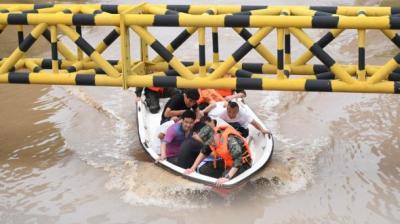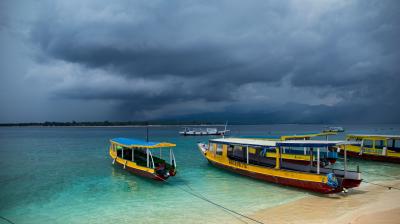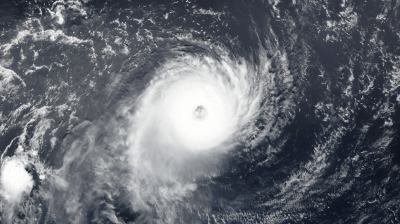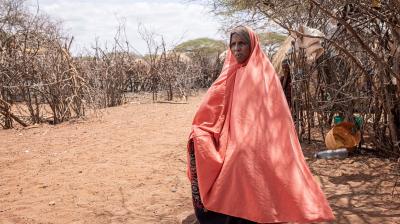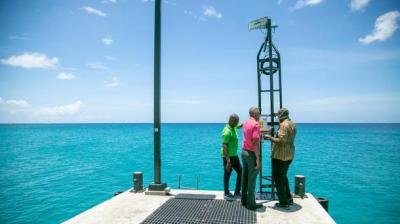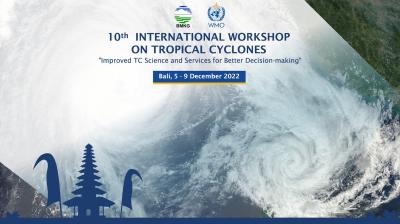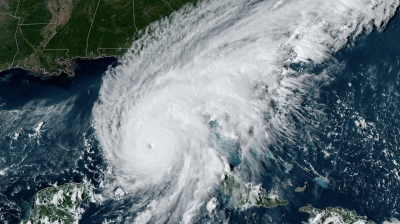Strengthening severe weather forecasting in South and Southeast Asia
A 12-day online workshop on Severe Weather and Impact-Based Warning Services was conducted to strengthen capacity and resilience in South and South East Asia.
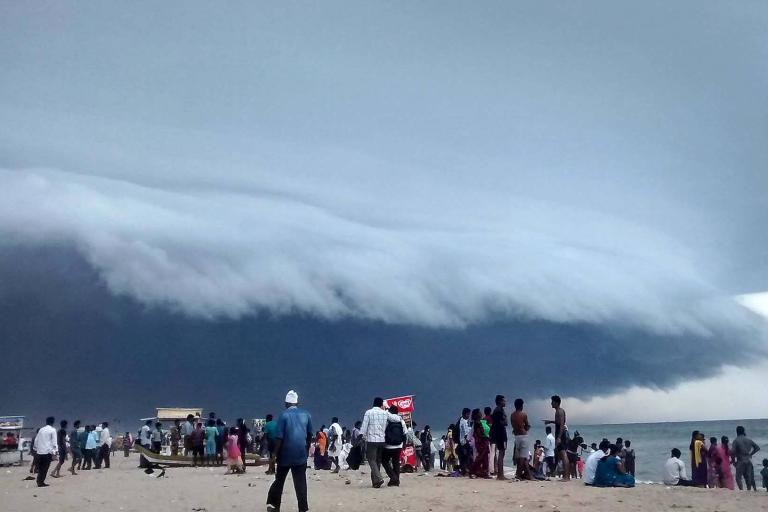
A 12-day online workshop on Severe Weather and Impact-Based Warning Services was conducted to strengthen capacity and resilience in South and South East Asia.
WMO, in collaboration with the Asia Regional Resilience to a Changing Climate (ARRCC) programme, delivered a virtual training from 1 to 12 February to 45 operational forecasters from 13 National Meteorological and Hydrological Services (NMHSs) in South and Southeast Asia (Afghanistan, Bangladesh, Bhutan, India, Lao People’s Democratic Republic, Maldives, Myanmar, Nepal, Pakistan, Philippines, Sri Lanka, Thailand and Viet Nam). The workshop was funded through ARRCC by the UK Met Office in partnership with the UK Foreign, Commonwealth and Development Office (FCDO) and the World Bank.
The workshop addressed the capacity building needs of the NMHSs through enhancing their operational staff’s understanding of severe weather and impact-based forecasting and warnings services. This included instruction on communicating warning services to the key stakeholders and users, including disaster risk managers, media, and the general public.

Experts from the UK Met office led the training with support from experts in the WMO Regional Specialized Meteorological Centres (RSMCs) in Hong Kong and New Delhi and Regional Forecast Support Centre (RFSC) in Ha Noi. The training was delivered using a blended learning method which included self-study modules and real-time video conferences, encouraging engagement and collaboration in the learning process.
Key outcomes from the workshop included:
- Training on the interpretation of Numerical Weather Prediction (NWP);
- Training on use of Ensemble Prediction System (EPS) outputs;
- Training on use of satellite-based information to help with nowcasting severe and high impact weather events; and
- Session on understanding the needs of users and sectors to develop a forecast-based early action approach
These outcomes will help improve the effectiveness of emergency preparedness, response and recovery efforts, reduce the impact of shocks on vulnerable people and their livelihoods, and reduce the humanitarian burden.
David Corbelli spoke on behalf of the UK Met Office and FCDO’s ARRCC programme stating, “It is fantastic to see so many nominations and participants from across South and Southeast Asia to this Severe Weather Forecasting Programme training workshop. The Asia Regional Resilience to a Changing Climate programme has been supporting SWFP South Asia through provision of technical support and funding since 2019 and will continue to do so through to August 2022. This event provides a great example of how we can adapt and continue to engage and collaborate in such challenging times.”
Johan Stander, Director of the Services Department at WMO stated “WMO greatly acknowledges contributions of GDPFS centres, all the development partners and donors including especially the Asia Regional Resilience to a Changing Climate programme and Environment and Climate Change Canada Canada through the CREWS initiative. Without you the advancement of SWFP and impact-based forecasting in South Asia and Southeast Asia would not be possible.” He further added that NMHSs are encouraged to implement the Common Alerting Protocol (CAP) for dissemination of early warnings to feed into a Global Multi-hazard Alert System (GMAS), as initiated and prompted by WMO.
SWFP-Southeast Asia and South Asia started as demonstration projects in 2010 and 2012 respectively, to make efficient use of the cascading forecasting process (from global to regional to national levels) with contributions from the WMO Global Data Processing and Forecasting System (GDPFS). The implementation of SWFP-Southeast Asia has been supported by Environment and Climate Change Canada though the CREWS initiative since 2017.
Since their inception, steady progress has been made towards strengthening capacity of the NMHSs in both sub-regions for improved forecast of hydrometeorological hazards and delivery of warning services.
For more information on the WMO Severe Weather Forecasting Project see here.
- WMO Member:
- Afghanistan ,
- Bangladesh ,
- Bhutan ,
- India ,
- Lao People's Democratic Republic ,
- Maldives ,
- Myanmar ,
- Nepal ,
- Pakistan ,
- Philippines ,
- Sri Lanka ,
- Thailand ,
- Viet Nam ,
- United Kingdom of Great Britain and Northern Ireland


